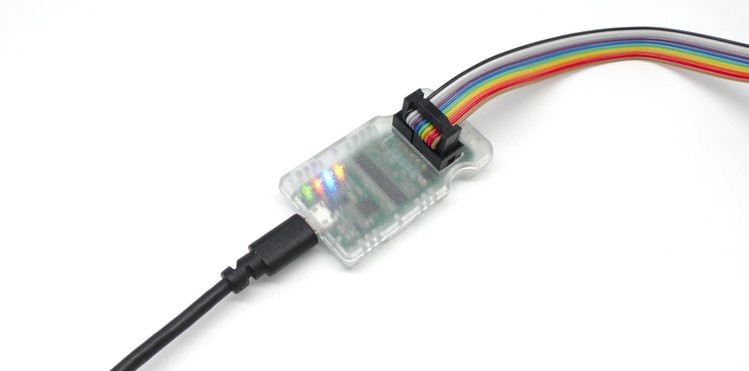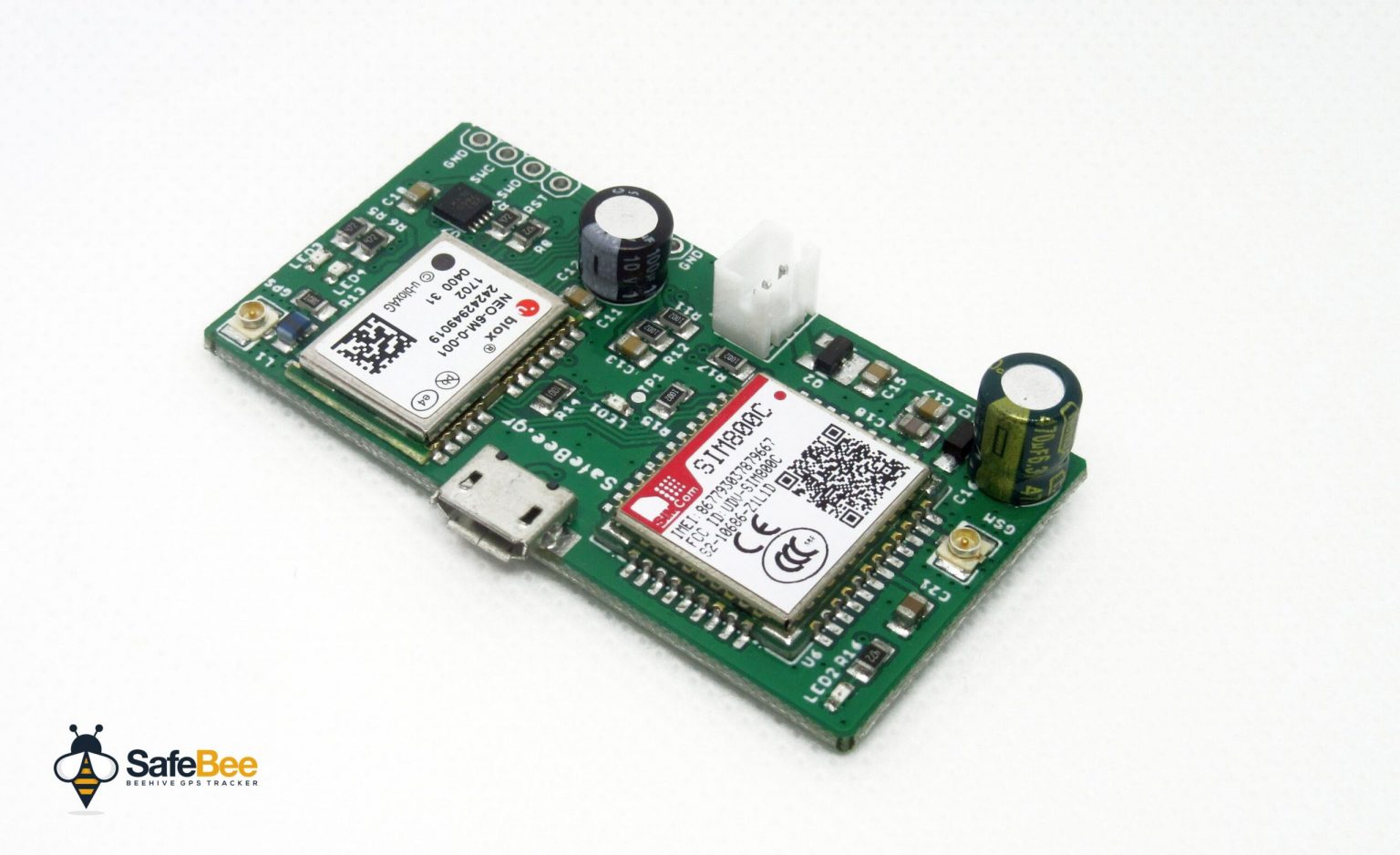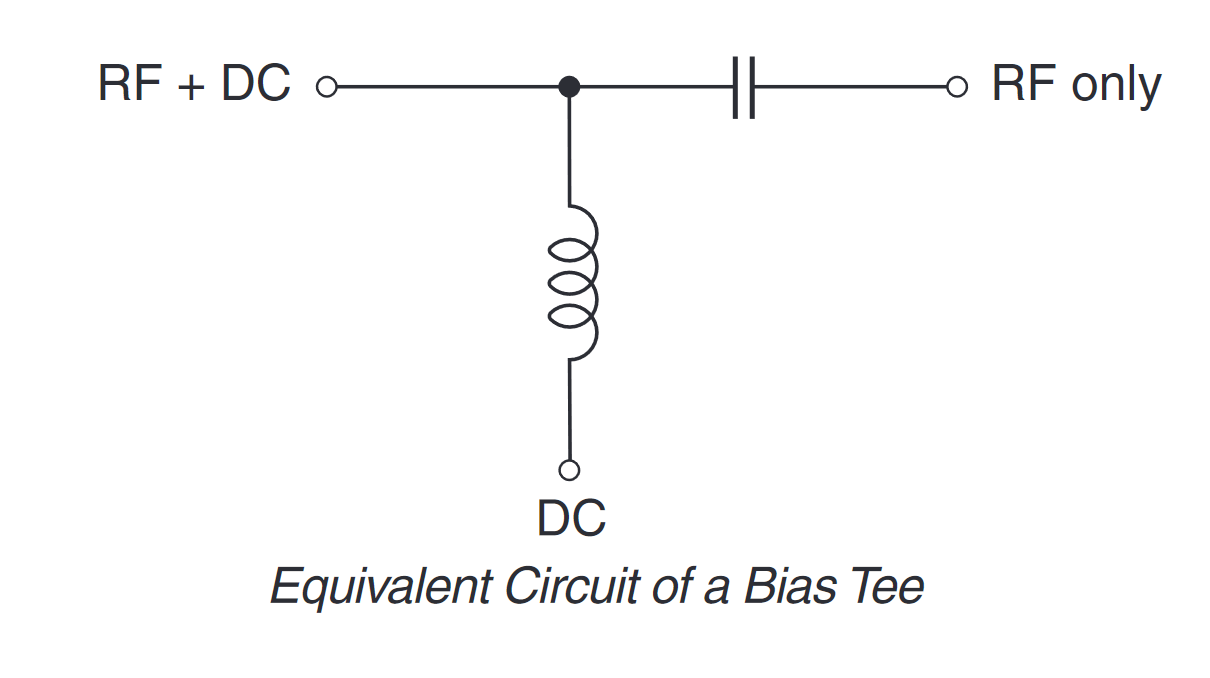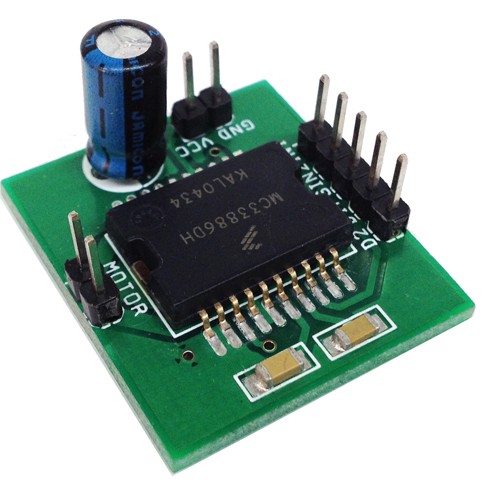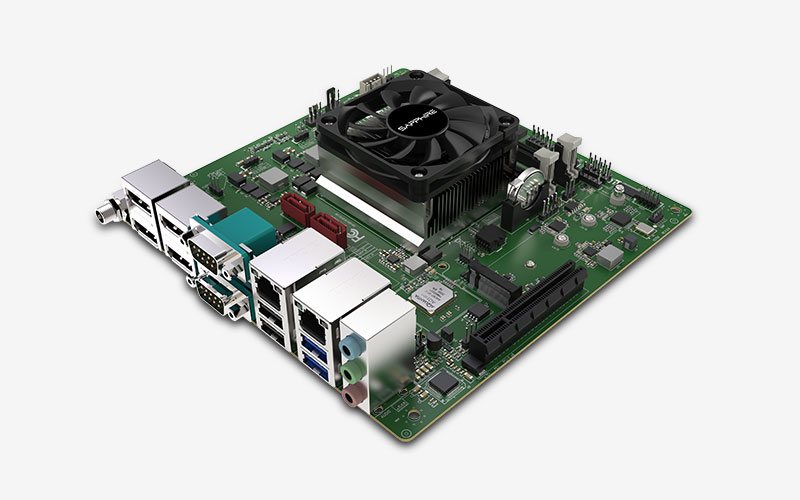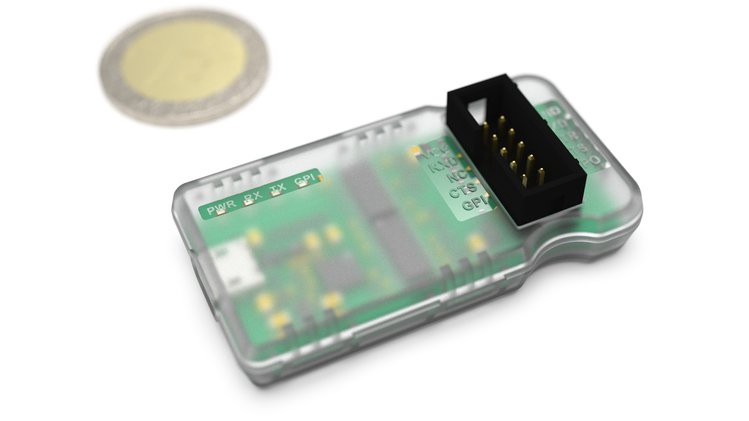
UART has become a popular term with microcontroller applications, with the rise of the Arduino, Raspberry Pi, and other open hardware electronics. UART has become a standard for microcontrollers to communicate with each other and exchange data.
A UART can be used not just for data exchange between microcontrollers, single board computers, and other hackers boards, but is also a compelling interface for programming and even debugging devices. A major issue (or maybe minor depending on your use case) while debugging or programming with a USB-to-TTL adapter is the operating voltage, as most adapters usually come with a specific operating voltage and one could potentially damage a target device if the wrong adapter is selected. Also, some converters typically don’t have enough functionality (usually no GPIOs) for most of the use cases. I personally have quite a lot of TTL converters, but a new TTL adapter called the μArt promises to change all that.
The μArt is a USB to UART-TTL Adapter that aims to solve the issues highlighted above. The μArt is designed to be the only USB to TTL adapter you will ever need, and it is said to be a “truly versatile, safe, and dependable.” The board promises to support several devices whether it is the ESP8266 or some low-power ARM board, regardless of voltage levels, electric potentials, communication speed, or irrespective if it’s used for data exchange, a debugger or a programming tool. It’s still got you covered.
The board is capable of working with a range of voltages levels, from 1.8 to 5.4 V, which should handle most (if not all) voltages for MCU boards and single-board computers. It comes with complementary voltage auto-sensing, meaning you don’t have to worry about selecting the operating voltage yourself, unlike some other boards. It just works. The board also comes with safety features like galvanic isolation and over-current protection, and one header exposing I/Os.
Quality problems are usually also a concern when working on some applications. Some unwanted noise could find its way into a board, due to floating pins, ruining application state, or due to a lousy connection, poor host device, and others. Which if not taken seriously, could potentially damage the device, I have already lost an Arduino board due to a poor host before. Also not let’s forget things like latchups, unexpected freezes (where you could think something is wrong with the code), data errors, and some other possible problems. The μArt USB to TTL adapter is expected to take away all those, giving you a smooth ride while developing your project.
Below are the key features of the device:
- A Universal TTL-UART –
- Voltage support: 1.8 – 5.4 V,
- Speed – up to 3M speed,
- Baud rates – standard & non-standard baud rates,
- Handshaking – Available pins for handshaking and flashing various MCU families.
- Safety features like Galvanic isolation, an integrated pull-up, signal- and power-filters.
- Reverse-polarity protection, ESD protection, over-current protection, and even mechanical protection
- Others –
- Voltage autosensing,
- LEDs,
- GPIOs.
- Dimensions – 58 x 33 x 14 mm.
- Weight – 16 grams
“The μArt has all the pins and features to enable various applications, protections to withstand or even prevent faults, means to preserve signal integrity, and measures to improve usability. …
The μArt is based on the principle that a UART adapter is your tool, and you should be able to trust your tools to get the job done.
The μArt is currently being crowdfunded on Crowd Supply and has already surpassed its initial goal (of course it would). The board is available from a starting price of $32 for a single device, and up to $112 for a pack of 4 μArts. More information about the product is available on the campaign page.





